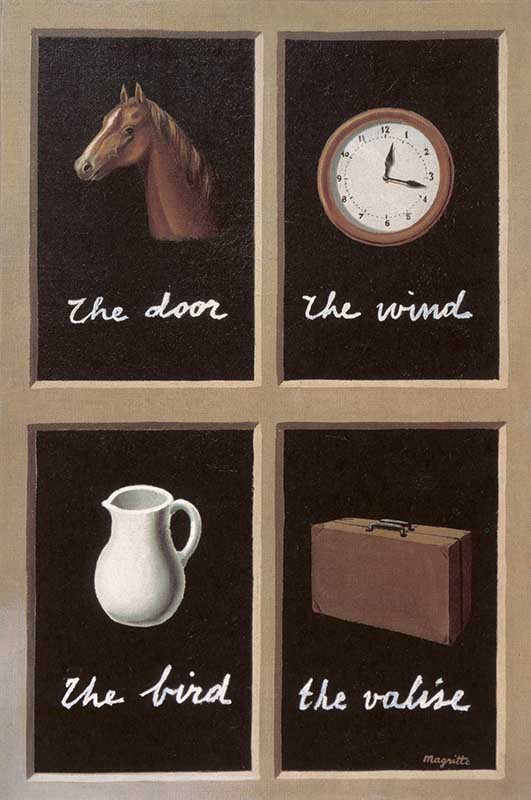

He later cited this as one of his early social-political influences, as it was the first time he had lived among working-class men. The child of a former infantry officer during the First World War, Berger was sent away to boarding school at the age of six and dropped out at 16, having spent most of his time there drawing and reading anarchist newspapers.īerger joined the army at 18, but refused to become an officer-something expected of him because of his class background-and so remained in a recruiting unit just outside of Belfast.

Revolutionary writer and activist John Berger in 2009īERGER WAS born in 1926 in Hackney, London, into a middle-class family. "If I'm a storyteller, it's because I listen." "Unlike what most people think, storytelling does not begin with inventing, it begins with listening," Berger says in The Seasons in Quincy, a four-part film on his life. The writer Susan Sontag described him as peerless in his ability to make "attentiveness to the sensual world" meet the "imperatives of conscience."īerger identified himself as a Marxist and, above all, saw himself as a storyteller. But he was much more than this, producing plays, screenplays, poems, novels, political and social essays, collections of drawings, and 33 works that fell into the category of "other."Īll of his work was driven by a desire to see a more just world, and central themes included the importance of the past in addressing the present the relation between art and beauty and imagination and the importance of looking. JOHN BERGER-a giant of art writing, literature and Marxist cultural analysis who helped multiple generations grapple with and critically think about art, history, politics, and the act of looking-died on January 2 at the age of 90.īerger was widely regarded as one of the most influential writers on art of the last 60 years.


 0 kommentar(er)
0 kommentar(er)
